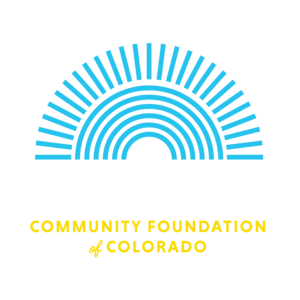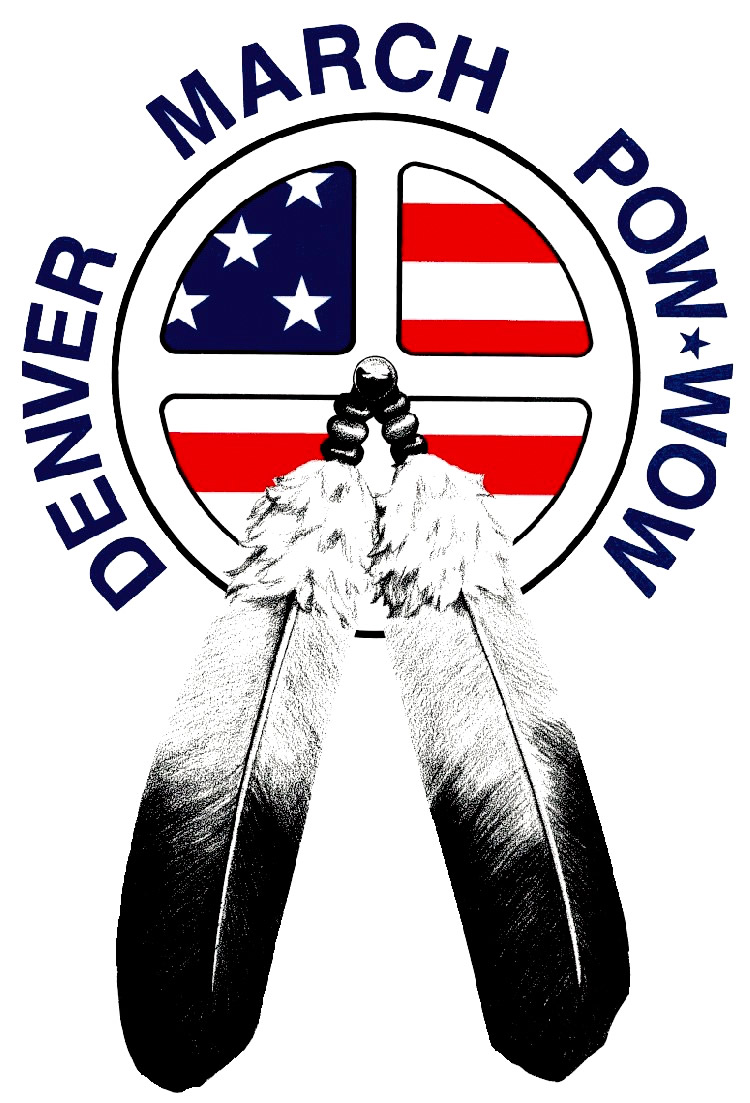
The characters and circumstances of Sabrina & Corina reflect realities of race, class, and gender in our society. There are many ways you can get involved in work around these issues in the Boulder and Denver areas! This section invites you to learn more about advocacy work on issues raised by the Sabrina & Corina stories or impacting Latinx and indigenous communities in our area, such as gentrification, indigenous and immigrants' rights, and ways to support local businesses owned by Latinx and indigenous people. You may also want to connect with local Latinx and indigenous cultural opportunities offered by community centers and museums.
 Gentrification has long been an issue in Denver neighborhoods. This image from the 2017 protests of Ink! Coffee came in response to the business erecting a sign stating "Happily gentrifying the neighborhood since 2014." This incident exemplifies the tensions from long-time residents who have been displaced by wealthier White residents moving in and driving up housing costs. This incident led to the creation of NEST, the Denver Neighborhood Equity and Stabilization Team, and is connected to ongoing anti-gentrification advocacy work led by local residents. For more history and context on gentrification, see our gentrification resources on the Explore History tab.
Gentrification has long been an issue in Denver neighborhoods. This image from the 2017 protests of Ink! Coffee came in response to the business erecting a sign stating "Happily gentrifying the neighborhood since 2014." This incident exemplifies the tensions from long-time residents who have been displaced by wealthier White residents moving in and driving up housing costs. This incident led to the creation of NEST, the Denver Neighborhood Equity and Stabilization Team, and is connected to ongoing anti-gentrification advocacy work led by local residents. For more history and context on gentrification, see our gentrification resources on the Explore History tab.
(Photo by Paulafedyk, Wikimedia Commons)
While not a primary focus of the Sabrina & Corina stories, Colorado's Latinx and indigenous communities are heavily impacted by issues of migration, citizenship, sovreignty, and deportation. Keep in mind that many of the families in Sabrina & Corina had indigenous origins and had been living in Colorado prior to Mexico being forced to cede land to the United States in 1848 as part of the Treaty of Guadalupe Hidalgo that followed the Mexican-American War. This perspective helps us consider how the arbitrary and changing nature of international borders, treaties, and citizenship can deeply impact families and communities. The following groups are actively working on indigenous and immigrants' rights as well as immigration reform.
 Colorado Immigrant Rights Coalition
Colorado Immigrant Rights CoalitionSupporting Latinx-owned local businesses is a powerful economic boost to the community. There are also many local organizations that offer mentoring, business networking, and entrepreneurial support for Latinx people interested in starting a business.
Local non-profits offer opportunities for Latinx and indigenous community members to engage in mentoring, activism, volunteering, and youth programming.
 Latin American Educational Foundation (LAEF)
Latin American Educational Foundation (LAEF) Latino Community Foundation of Colorado
Latino Community Foundation of ColoradoThe Denver metropolitan area hosts rich cultural connections for indigenous and Latinx art, theater, dances, history, and more.
 Chicano Humanities and Arts Council (CHAC)
Chicano Humanities and Arts Council (CHAC) Denver March Powwow
Denver March Powwow Museo de las Americas
Museo de las Americas United Mexican American Students y Movimiento Estudiantil Chicanx de Aztlán
United Mexican American Students y Movimiento Estudiantil Chicanx de Aztlán